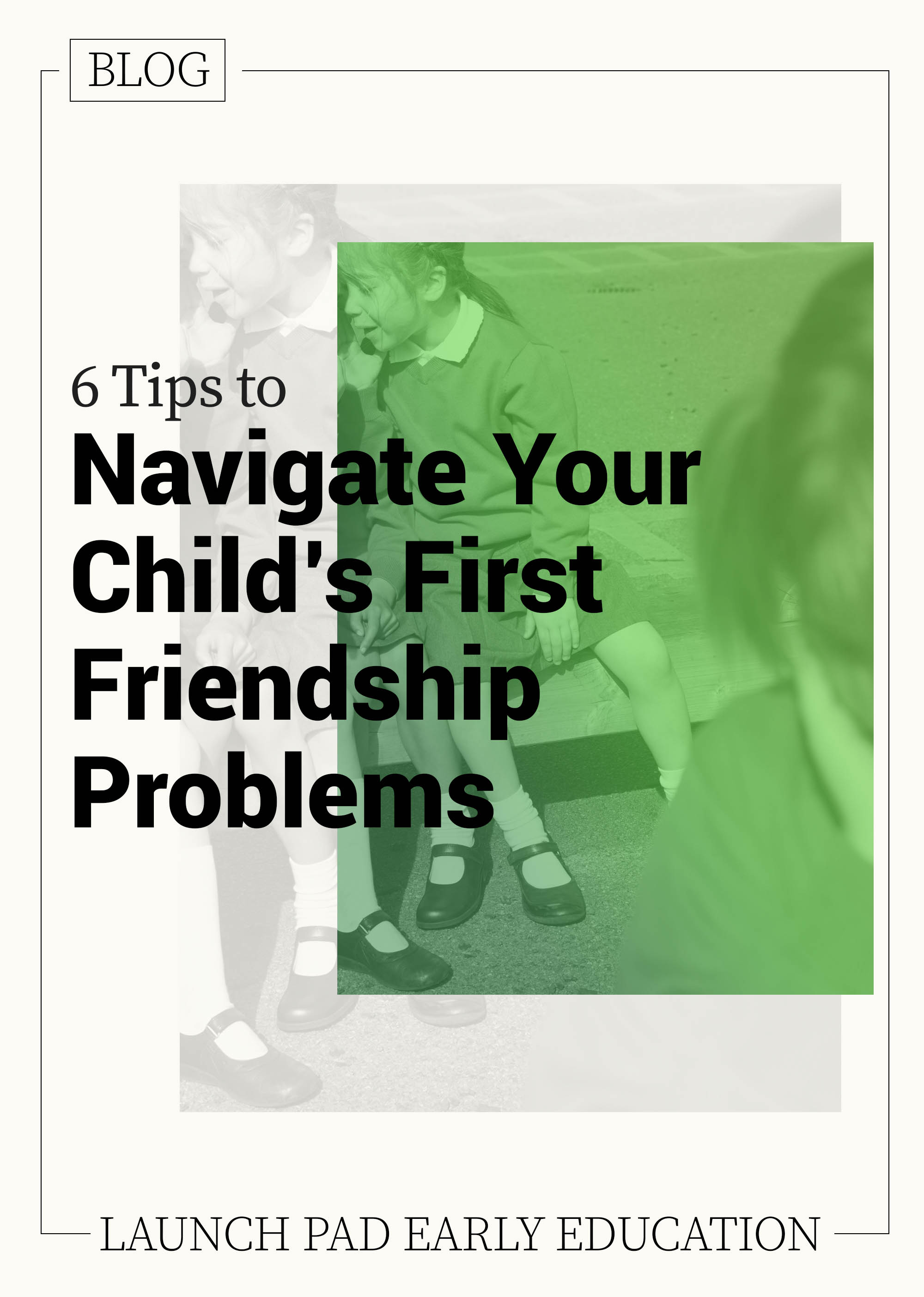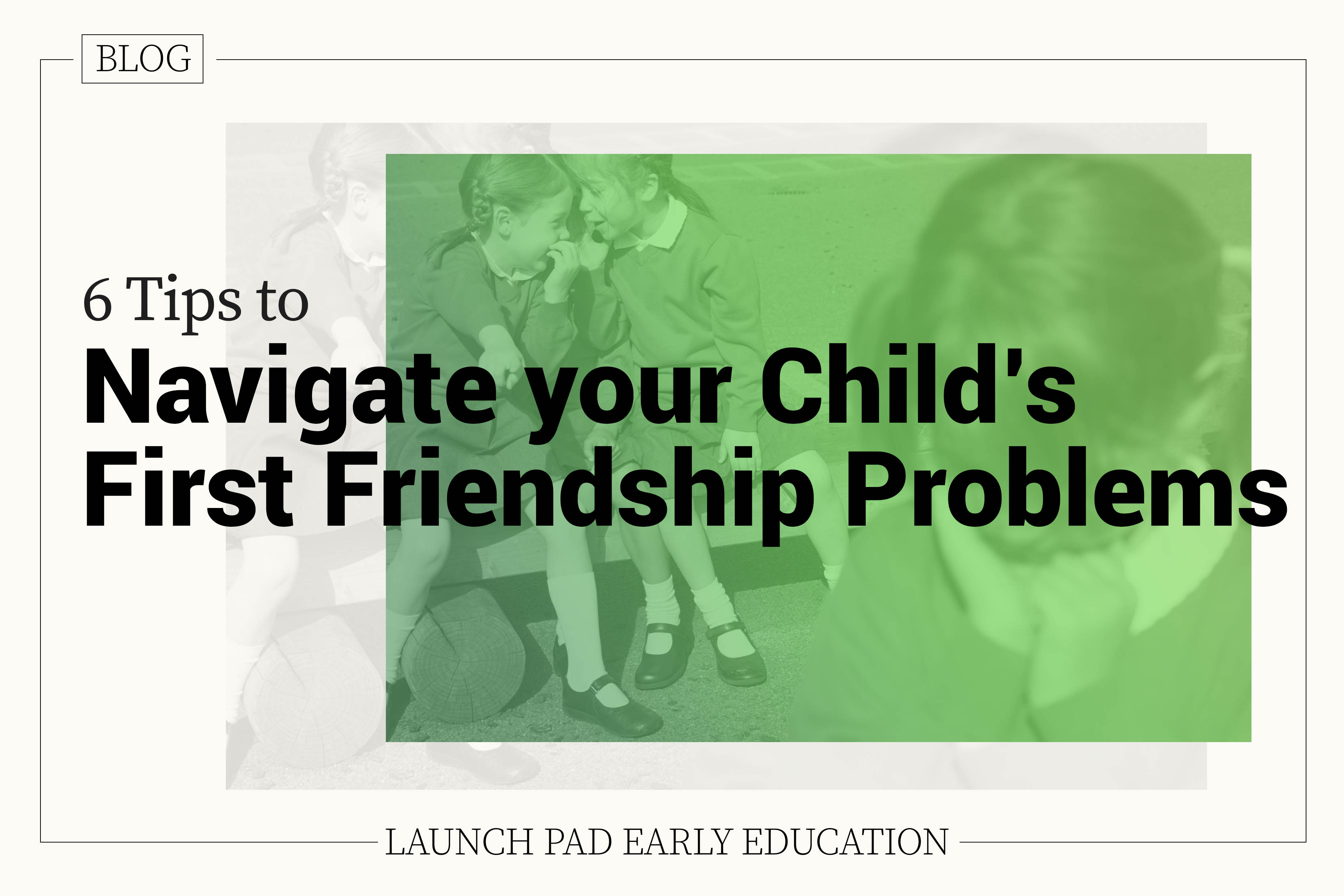Having friends and being able to get along well with others is integral for our wellbeing. Just as it is for adults, childhood friendships are very important for young kids. They create a positive impact on the overall development of children. Being able to establish friendships at a young age helps develop a child’s emotional, social and cognitive skills. It helps reduce stress and increases their sense of belonging. However, how can you help your child friendships problems when they encounter it?
How to help your child friendships problems?
While we can never really underestimate the power of childhood friendships, one of the realities parents must face is that, like adult relationships, their little ones also face friendship problems. Learn how to navigate your child’s friendship problems and help them build healthy bonds with these tips.
Listen to them
Just because they are kids does not mean they don’t need to feel that someone’s got their back. As parents, one of the most important things you can do for your child is to make them feel you are there for them. When you know that your little one experiences social pain, take time to sit down with them and listen. Give them the chance to fully explain without any interruption. Make them feel that you completely understand and that they are not judged for how they feel.
Discuss feelings
Unlike adults, young kids do not necessarily have the ability to understand their feelings. They also don’t understand that other people may have thoughts and emotions different from their own. When parents make it a point to discuss their child’s emotions with them, young kids become better at understanding how others can have a different point of view. It will also help them recognize their own feelings, which is essential in developing good social and emotional skills.
Empathize
We all have the need to feel understood and that’s one of the most important things you should make your child feel, too. When they talk about what happened at school with their peers, make it a point to free your mind of criticism and judgment by looking at things from a child’s perspective. Feel with them by putting yourself in their shoes. Not only will this help them feel better, but it will also help strengthen your relationship with your child.
Encourage problem-solving
Because children don’t really know how to tackle friendship problems, it’s up to the parents to encourage their children in problem-solving. Helping your little one work through their emotions is important. However, achieving a resolution is also just as critical. It will help them move forward so they don’t get stuck in their emotions. It also equips them with problem-solving skills they need to handle similar situations in the future.
When doing problem-solving, be sure to engage your child instead of imposing what you think should be done. Offer and encourage suggestions. Ask them what will make things less stressful the next time they get in the same situation.
Share some insights
Instead of giving your child a lecture, it is best to impart valuable lessons and insights based on your own experience. Your child would love to listen to your stories. Try to recall similar childhood experiences or even certain scenarios at work you can tie into their current situation. Relay the challenges you had to go through and how you were able to get through them successfully. More importantly, make them feel that they are not alone and that you are on the same team.
Teach them about friendliness
Young kids are usually unaware when they are being insensitive towards others. To help them gain more friends and build healthy friendships, it’s important that they understand what being friendly means even at a young age. Let them understand that other kids don’t think the same way they do and that’s something they have to respect. Encourage them to be nicer and more polite. Teach them to share and take turns.
Relationship conflicts are inevitable and even kids go through them. With the help of these tips, you can help your little one navigate friendship problems at school and create meaningful and lasting friendships.

Here at Launchpad Early Education, one of our goals is to make sure that children develop important social skills that will help them achieve success in the future. Please feel free to visit our website for more information.


